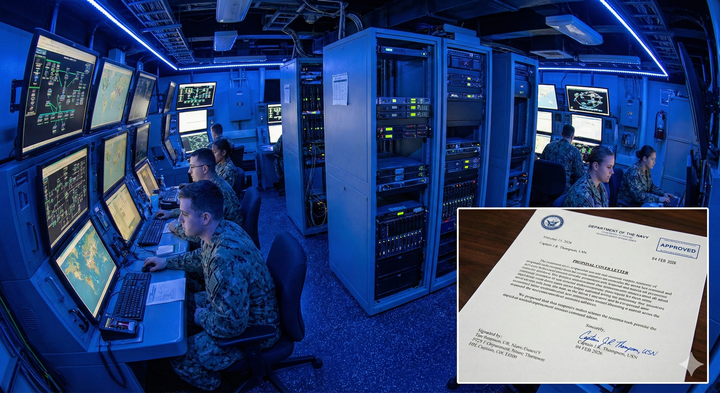emissary LLC (B-422388.3; B-422388.4)

You should care.
Category: Technical evaluation, past performance, OCI, key personnel
Date: 29 July 2025
URL: https://www.gao.gov/products/b-422388.3%2Cb-422388.4
Emissary LLC, the incumbent woman-owned small business, protested the DOD Washington Headquarters Services’ award of a technical support services contract for special operations/low-intensity conflict policy development to Gemini Industries. Emissary argued WHS unreasonably evaluated Gemini’s technical proposal bypassed the effect of organizational conflict of interest (OCI) mitigation on Gemini’s technical approach, and made an unreasonable relevancy determination regarding Gemini’s past performance. Emissary also alleged misrepresentation of key personnel availability, and improper attribution of past performance among business divisions.
Inconsistent technical evaluation and labor mix: GAO found the agency unreasonably credited Gemini for matching the solicitation’s labor mix, when in fact its proposal differed materially, omitting two months of base period performance. The contemporaneous evaluation attributed higher ratings based on this incorrect assumption.
Failure to qualitatively evaluate phase-in plans: The agency evaluated both firms’ phase-in plans as “adequate” on a pass/fail basis, failing to recognize that Emissary (as incumbent) could start immediately, while Gemini needed 30 days. The RFP required a qualitative evaluation, so this was a prejudicial error.
Key personnel availability and qualifications: GAO denied the misrepresentation protest ground: there was no evidence Gemini knowingly proposed unavailable personnel. However, the protest regarding required experience was sustained—Gemini’s resume did not demonstrate the specified experience, and the evaluators’ assumptions, not proposal evidence, drove their conclusions.
OCI mitigation and technical approach: GAO determined that DOD did not address whether Gemini’s significant mitigation measures (firewalling business divisions, changed reporting chains) impacted its proposed technical approach. The agency evaluated the mitigation plan in isolation, which was inconsistent and unreasonable under applicable case law.
Past performance evaluation of divisional experience and relevance: The agency reasonably allowed past performance from Gemini’s different internal divisions, as the solicitation did not restrict consideration at that level. However, GAO sustained the protest regarding relevance—the record showed the agency illogically credited IT-engineering work as relevant to legislative/policy/communications services required, without adequate analysis.
The protest was sustained on the grounds of technical evaluation, phase-in plan, lack of documented key personnel qualifications, failing to evaluate the impact of OCI mitigation measures on technical approach, and the unsubstantiated finding of past performance relevance. DOD must reevaluate proposals and make a new award decision; Emissary is entitled to protest costs. Contracting offices must qualitative distinctions among offers are documented, OCI mitigation is harmonized with technical proposals, and past performance is compared and documented with sufficient analytical rigor. Protest grounds alleging knowledge of unavailable key personnel or internal division past performance likely will not prevail absent stronger evidence or restrictive solicitation language.
Digest
- Protest challenging the agency's evaluation of the awardee's technical proposal is sustained where the evaluation was inconsistent with the solicitation.
- Protest that awardee misrepresented the availability of key personnel is denied where the record shows the awardee did not have actual knowledge that any of its proposed key personnel had become unavailable.
- Protest that the evaluation of the awardee's proposal was unreasonable is sustained where the record shows that, to mitigate an organizational conflict of interest, the awardee materially altered its technical approach to perform the contract, and there is no evidence that the agency considered the impact of the changed approach on contract performance.
- Protest challenging the evaluation of past performance proposals is denied where the protester has not established that the agency unreasonably considered the past performance of separate divisions within the offeror, but sustained where the record demonstrates the agency's evaluation of relevance was not reasonable and consistent with the terms of the solicitation.




Comments ()